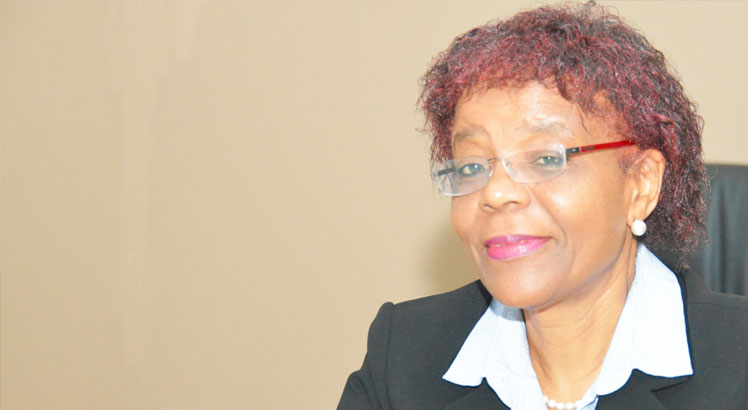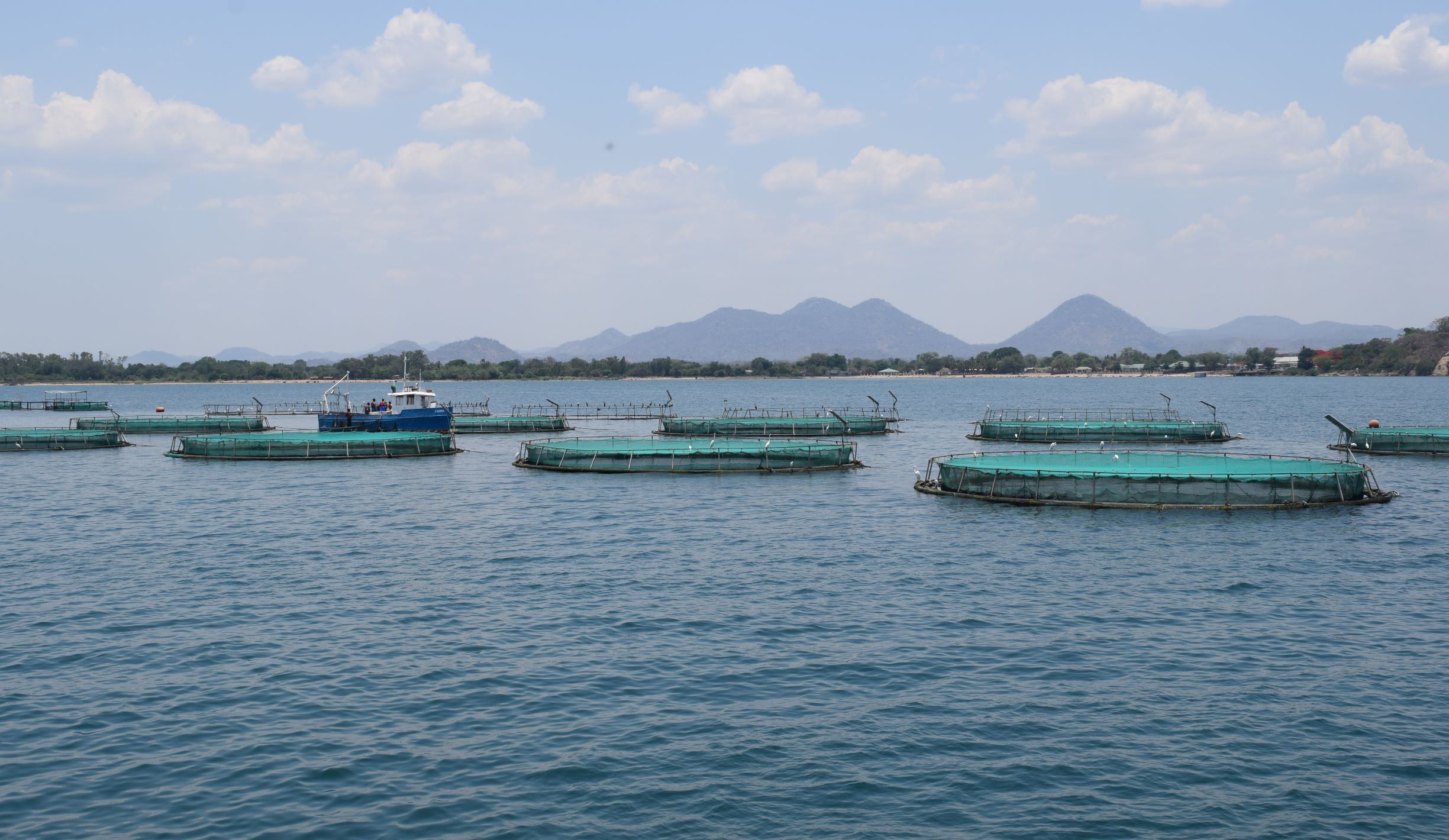Tighten Ifmis to revamp economy—World Bank
The World Bank has stressed that the country’s economic situation cannot be turned around unless government successfully implements the Integrated Financial Management Information System (Ifmis).
Speaking on Friday at the launch of a Public Finance Management (PFM) strategy in Lilongwe by Ministry of Finance and Economic Affairs, the bank’s country manager Hugh Ridell pointed out that it is not policy that has held back Malawi’s PFM reform efforts, but rather implementation.

According to him, if the prior PFM Act of 2003 was implemented as legislated then the country’s PFM story over the past 20 years would have been different.
Said Ridell: “Instead we have seen a pattern over the past 20 years characterised by lack of commitment mechanisms and recurring cycles of reform reversal. This has been characterised by short periods of fiscal discipline spurred by macroeconomic crisis, but often followed by backsliding due to reforms that are neither institutionalised nor sustained in the face of broader fiscal and political pressures.”
He also indicated that the World Bank will support and incentivise government’s implementation of the strategy through the introduction of a new instrument known as ‘Programme for Results’.
The programme, which was designed 13 years ago, will see the bank disbursing funds to government upon achievement of results as opposed to funding of activities as a typical Investment Financing project would.
The country manager also observed that while there has been an intense and continued focus on the achievement of the Extended Credit Facility (ECF) and potential resumption of broader budget support, it is not the destination but a first step on the path of a sustained and incremental reform journey.
In his remarks, Minister of Finance and Economic Affairs Sosten Gwengwe said the main objective of the strategy is to facilitate the attainment of sound financial management and discipline within the public service in order to realise sustainable economic growth and development for the country.
Said Gwengwe: “These include strengthened coordination mechanisms with the Department of Public Sector Reforms to enhance implementation monitoring; and emphasising ownership of reforms at MDA level through prioritising resource allocation towards reforms as identified in the rolling plan.”
On his part, European Union Ambassador Rune Skinnebach said the country needs to foster a sound public finance management system to tackle the current social economic challenge.





